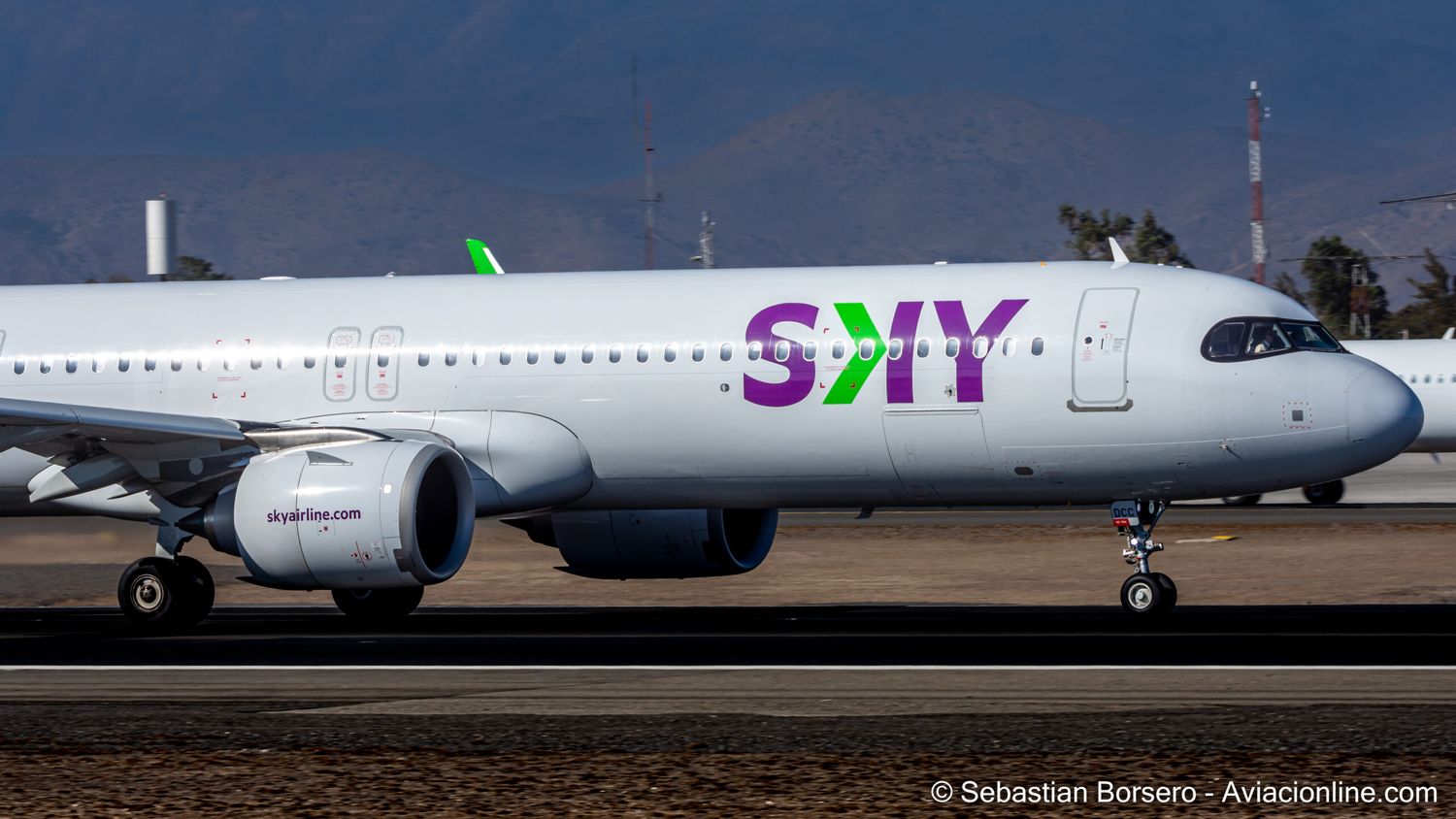FAA Issues Airworthiness Directive for Airbus A321neo CFM Engines Following Thrust Control Issues
The Federal Aviation Administration (FAA) has released a new Airworthiness Directive (AD 2024-19-07) aimed at addressing thrust control issues in CFM International LEAP-1A32 engines. This action follows multiple reports of thrust control loss during go-arounds on Airbus A321neo aircraft equipped with these engines. The AD requires the replacement of fuel nozzles in specific aircraft to prevent further occurrences of this issue.
This AD was prompted by two events in early 2024 involving Airbus A321neo powered by CFM LEAP-1A32 engines. In one case, the aircraft experienced a loss of thrust control during a go-around, while in the second incident, the same aircraft faced N1 fluctuation and thrust reduction during a similar maneuver. Investigations revealed that excessive fuel nozzle coking caused back pressure in the fuel system, leading to the opening of the fuel pump relief valve, which reduced the fuel flow to the engine and, consequently, thrust.
The directive requires operators to replace the full set of fuel nozzles on affected engines within strict timeframes. The AD specifically affects Airbus A321-251NX aircraft with engines that have accumulated 600 or 800 flight cycles, depending on the engine’s installation status. Additionally, operators must perform recurrent fuel nozzle replacements every 600 flight cycles to maintain compliance.
The FAA emphasized the urgency of this measure, citing the need to prevent further thrust control issues during critical flight phases like go-arounds, which could compromise the safety and control of the aircraft. The directive will be effective on October 7, 2024, and although no U.S.-registered aircraft currently operate these engines, the potential risks to global operators led to the FAA’s decision to bypass the usual notice-and-comment procedures.
Within Latin America, only SKY Airline and Azul Linhas Aereas operate the affected model. All other A321neo operators are equipped with Pratt & Whitney PW1133 engines.
The estimated cost for replacing the fuel nozzles is $129,400 per engine, which includes labor and parts. The FAA classified this AD as an interim measure, indicating that further investigations by CFM International may result in additional regulatory actions in the future.
This directive reflects the FAA’s continued focus on aviation safety and its proactive approach to mitigating risks related to engine performance in commercial airliners.


Para comentar, debés estar registradoPor favor, iniciá sesión